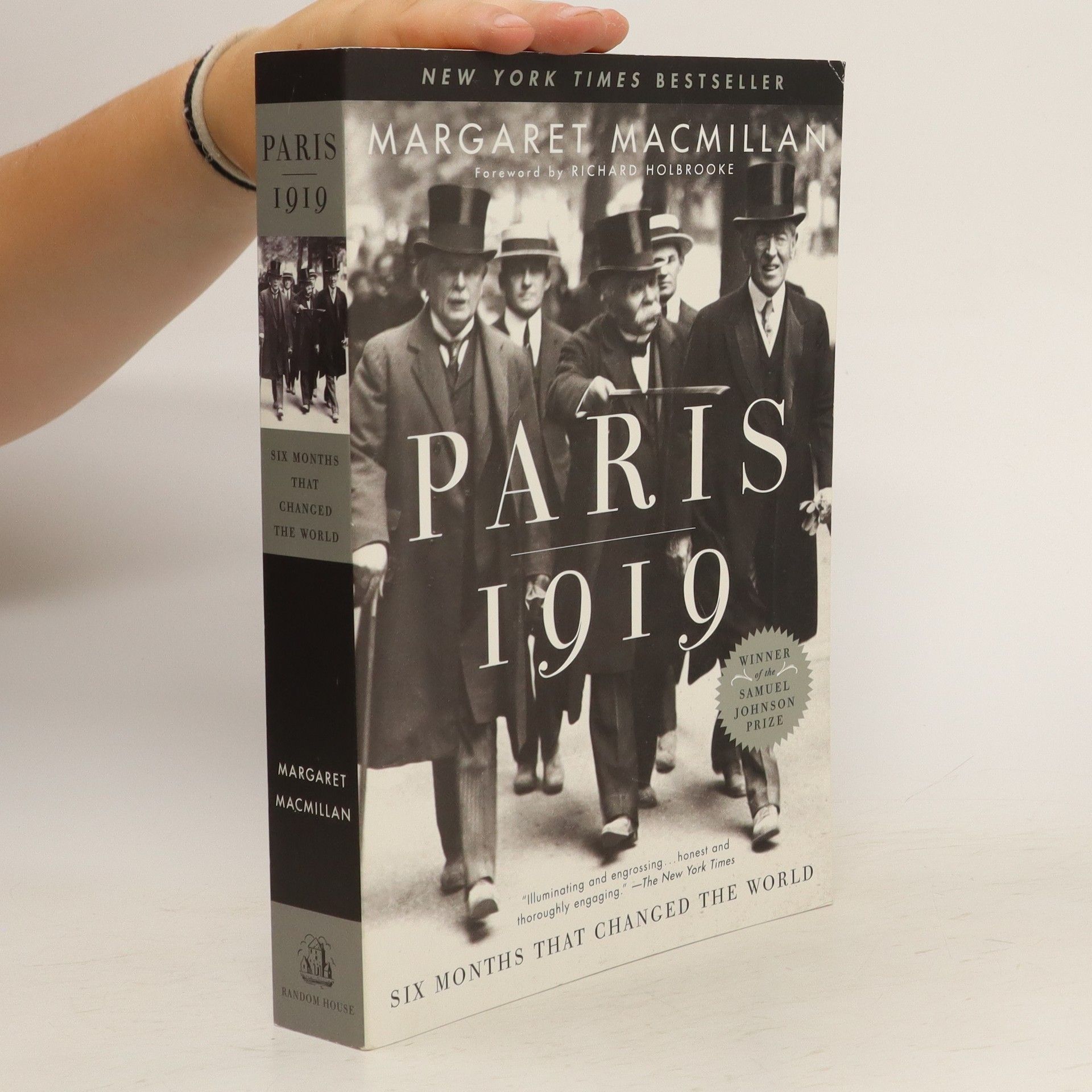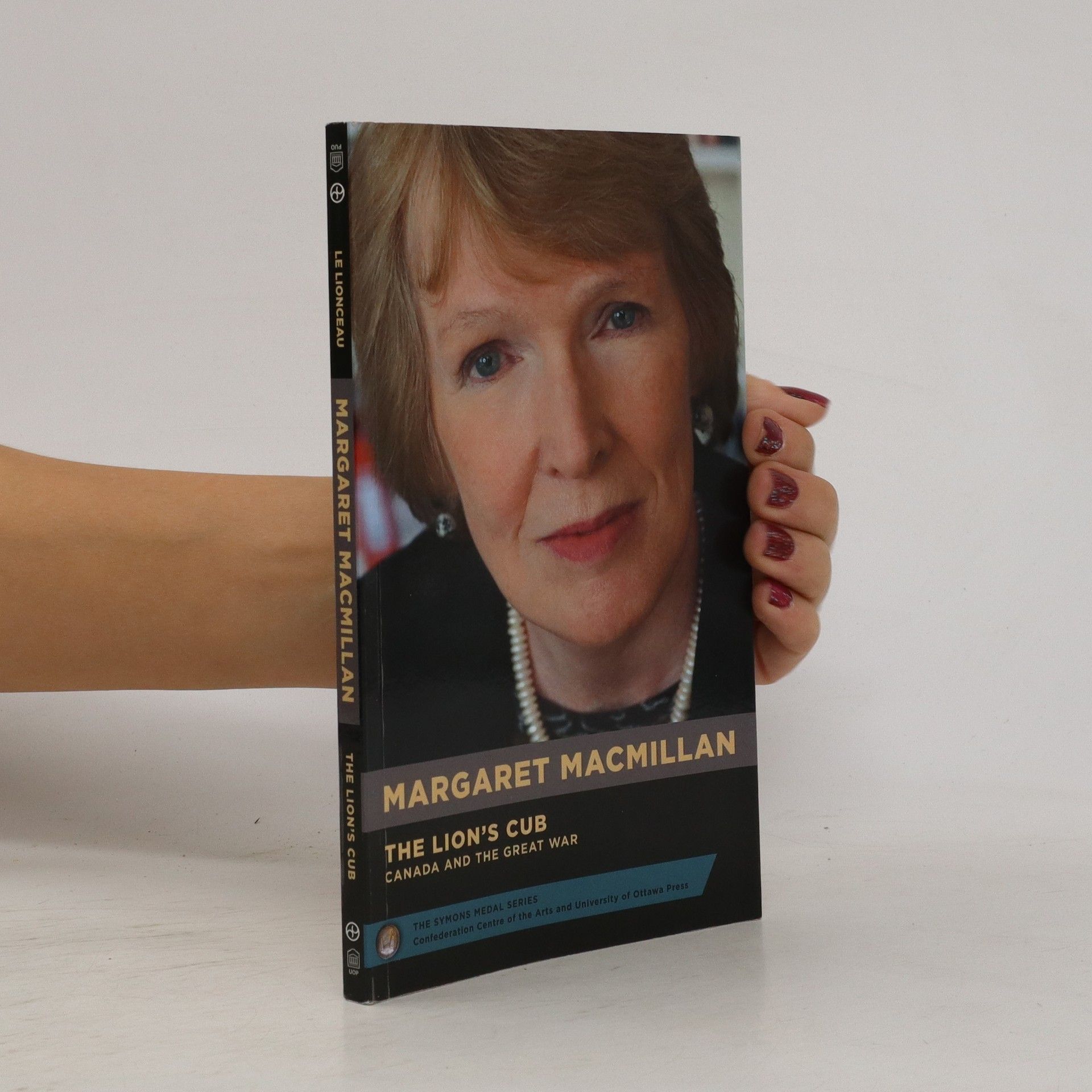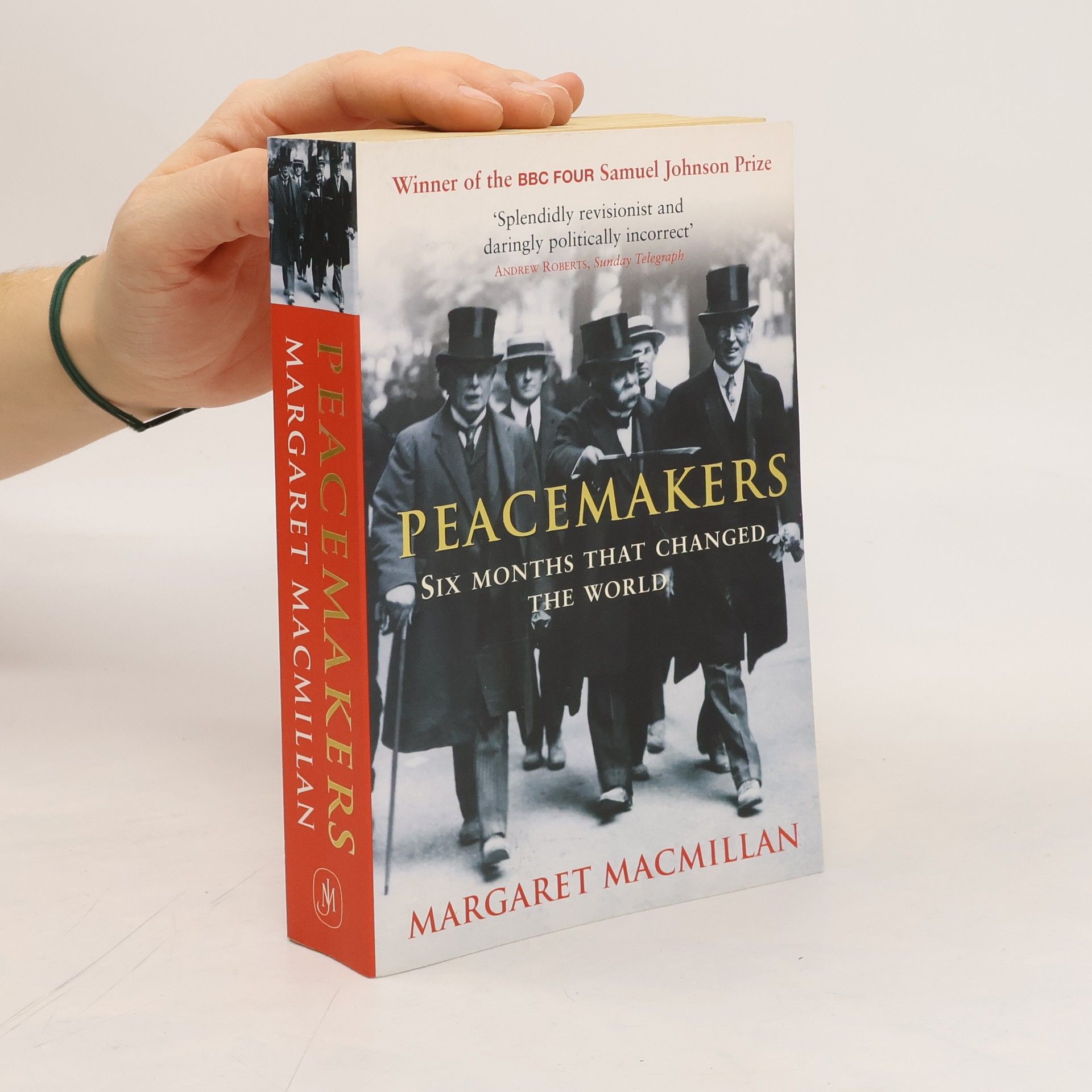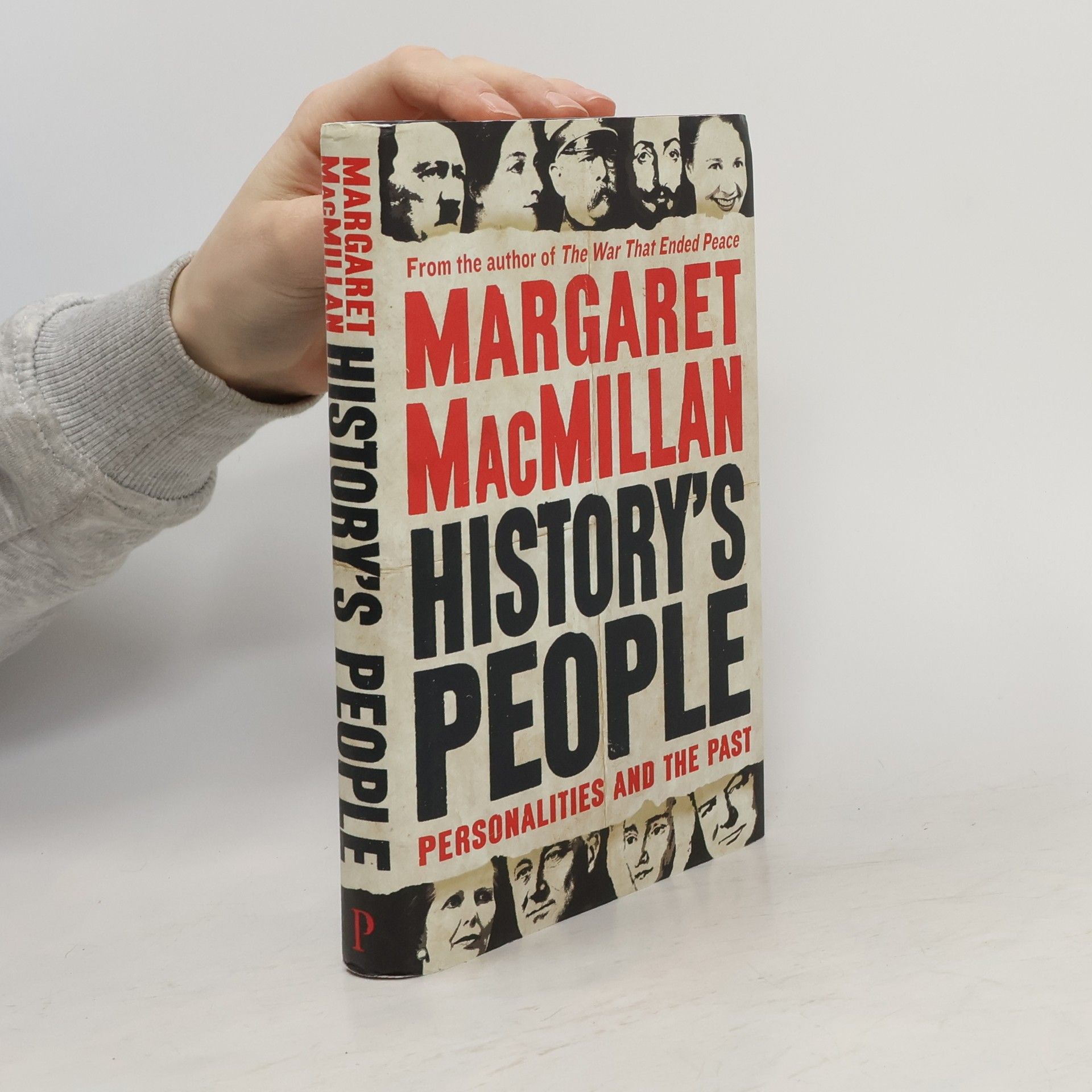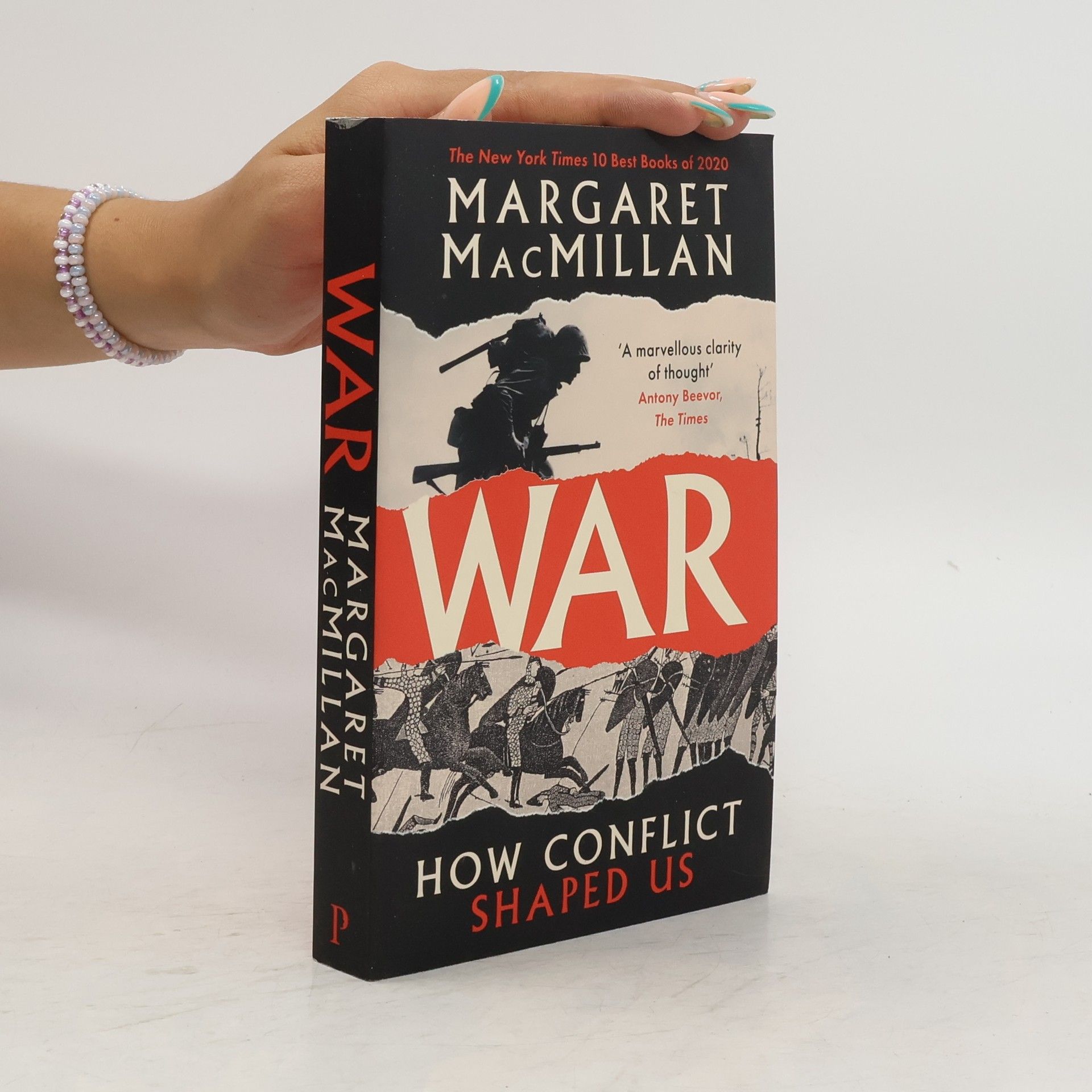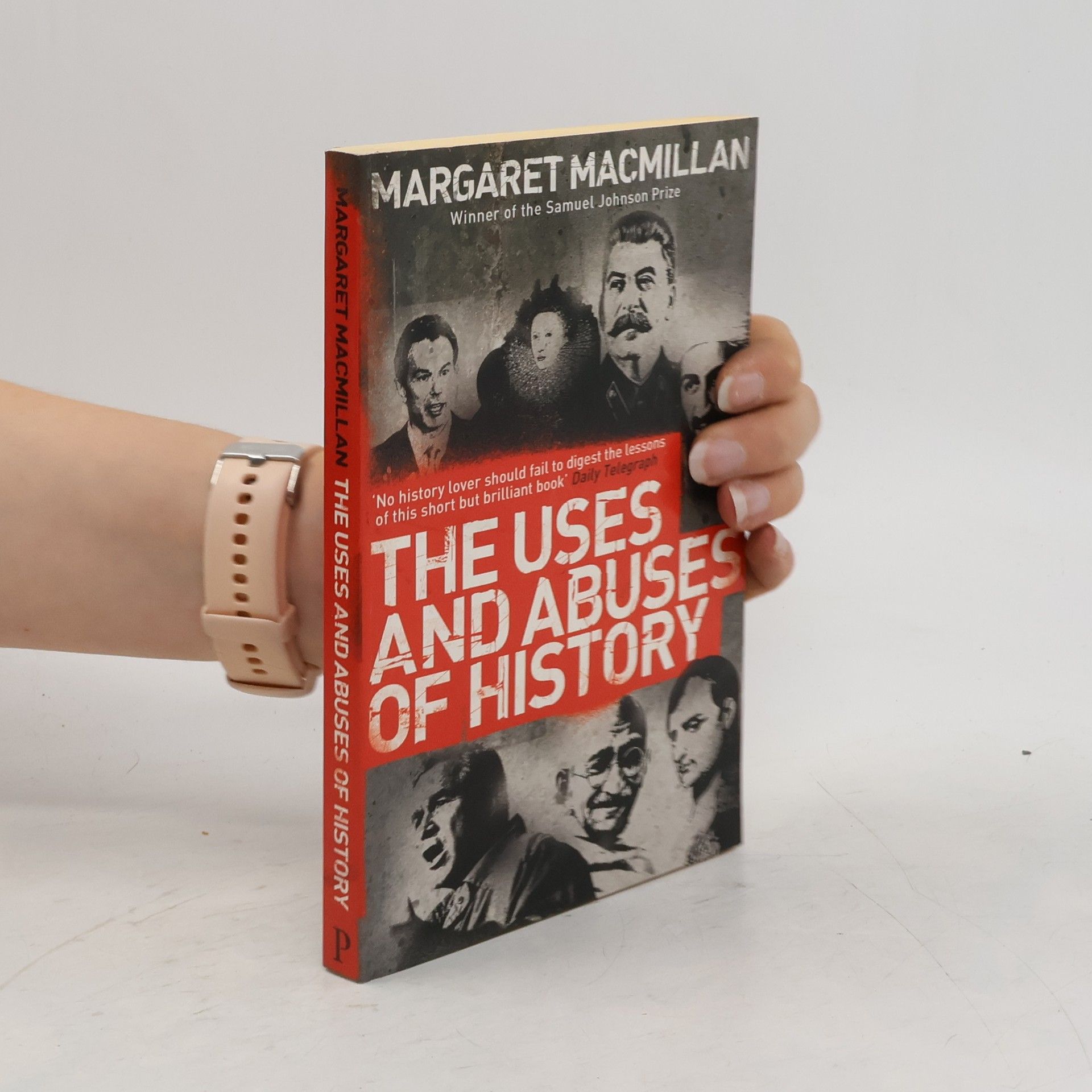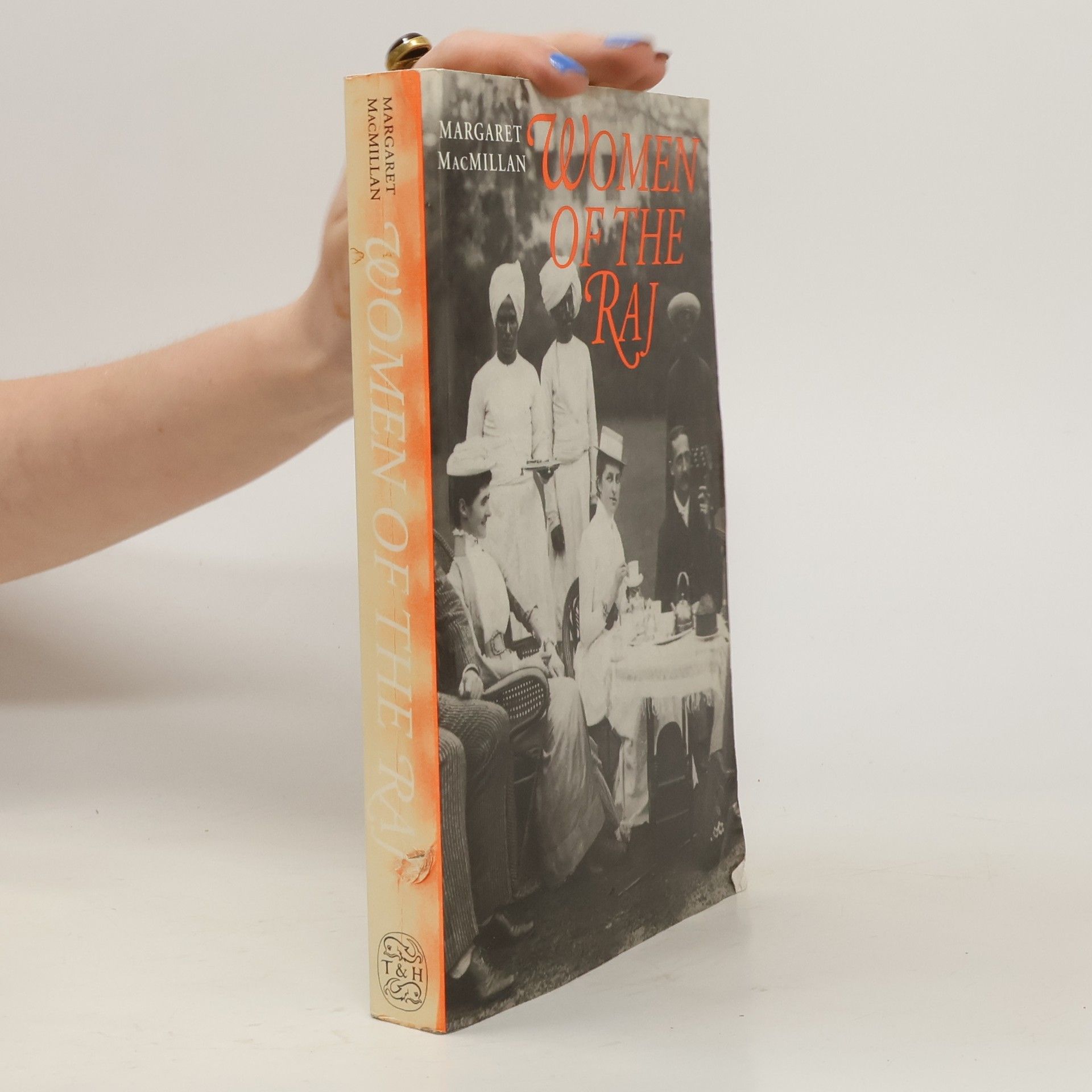The War that Ended Peace
- 699 pages
- 25 hours of reading
The First World War followed a period of sustained peace in Europe during which people talked with confidence of prosperity, progress and hope. But in 1914, Europe walked into a catastrophic conflict which killed millions of its men, bled its economies dry, shook empires and societies to pieces, and fatally undermined Europe's dominance of the world. Beginning in the early 19th century, and ending with the assassination of Archduke Franz Ferdinand, historian Margaret MacMillan uncovers the huge political and technological changes, national decisions and - just as important - the small moments of human muddle and weakness that led Europe from peace to disaster.


